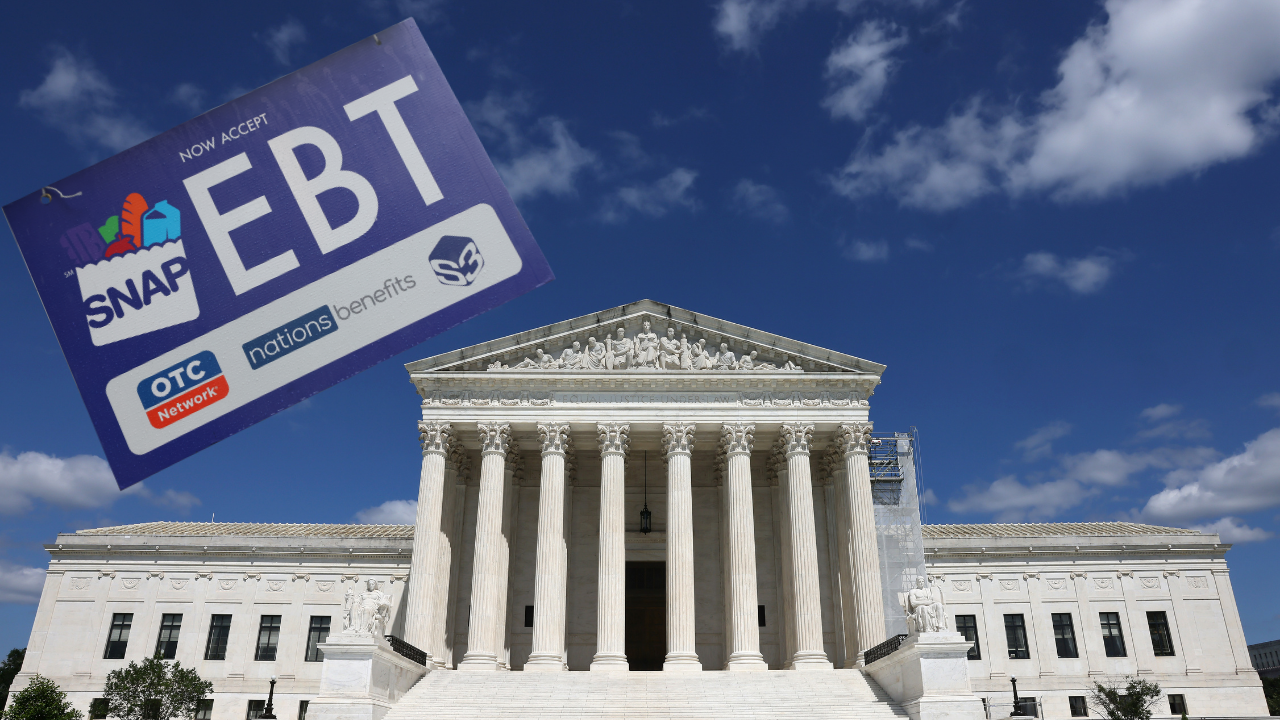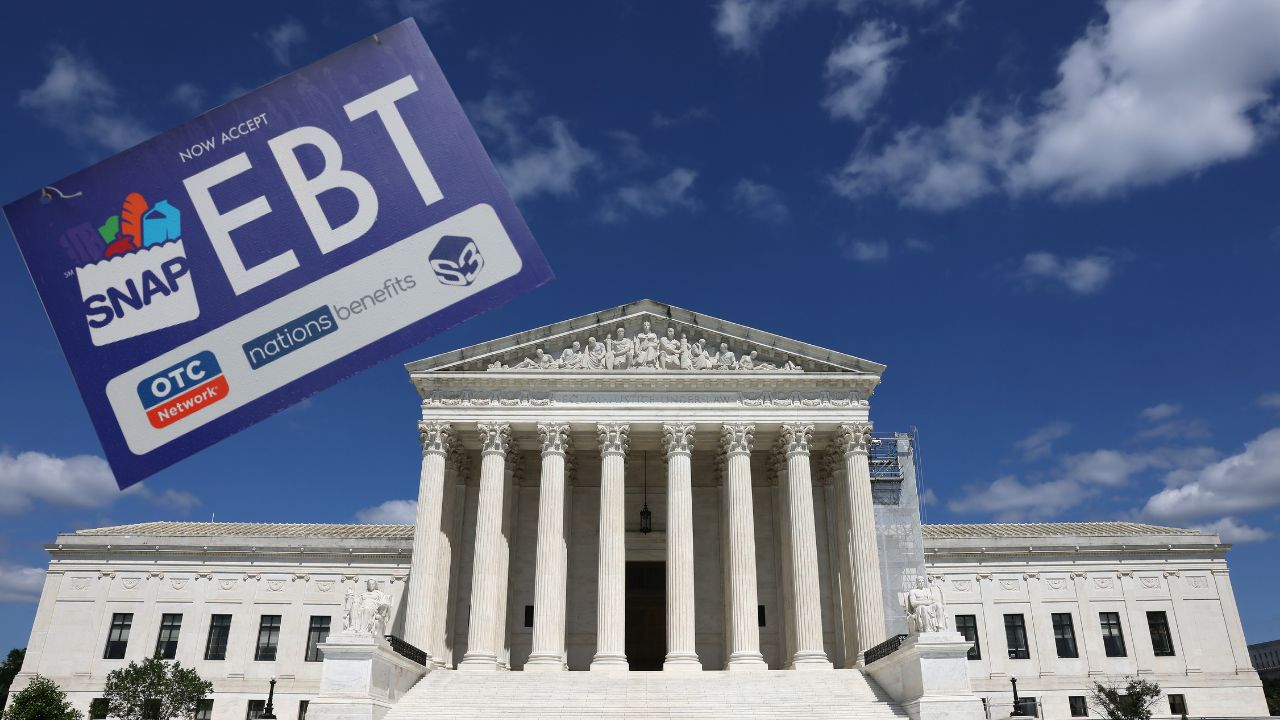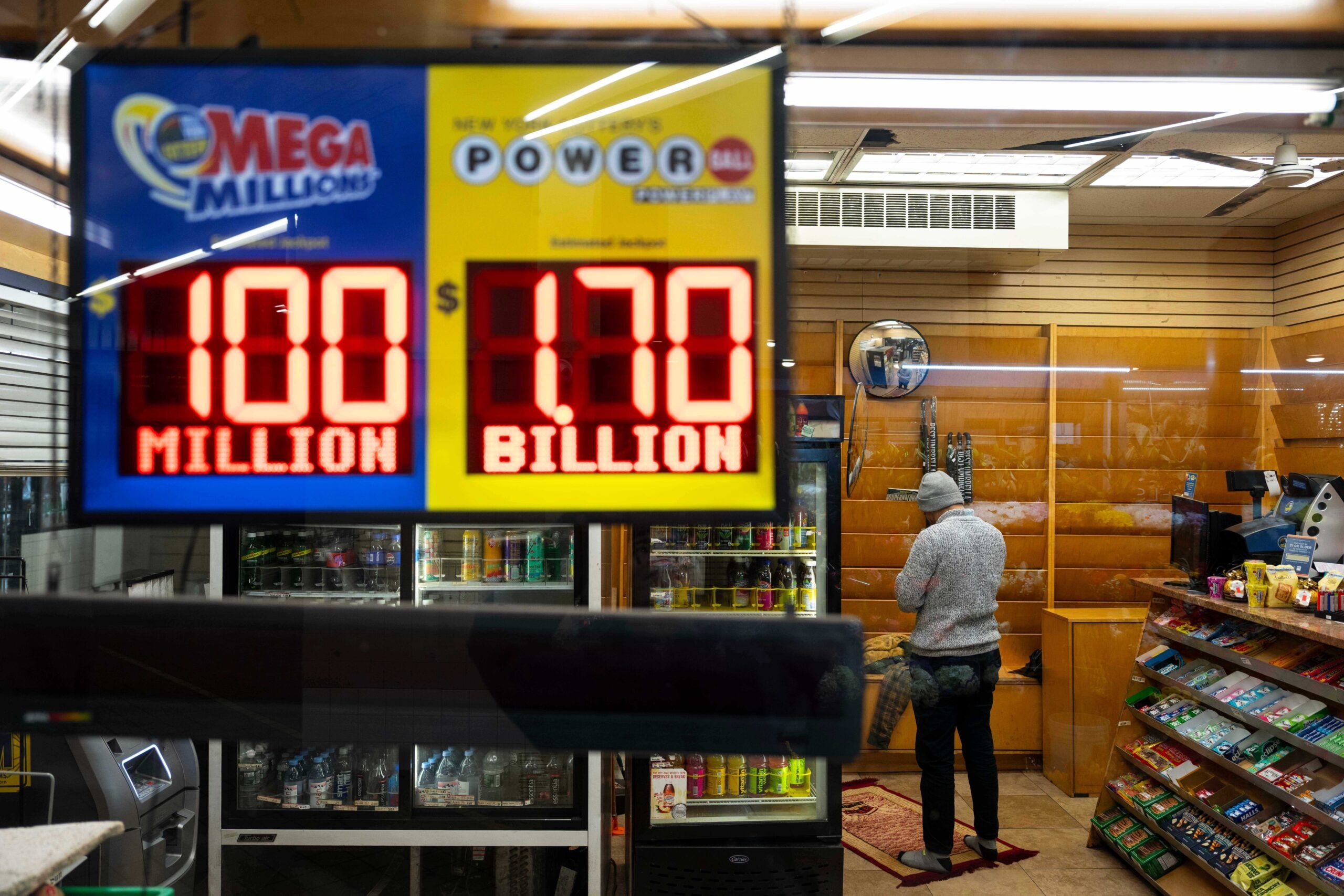
The Supreme Court on Tuesday extended an administrative stay until Thursday on a lower court decision that required the Trump administration to make full Supplemental Nutrition Assistance Program (SNAP) payments during the ongoing government shutdown.
The decision does not deny the legal merits of the case, but continues to place a pause on full payments of SNAP benefits for roughly 42 million Americans for another two days. While the Senate has passed a bill that would reopen the government, the deal must be signed off on by the House, which is set to reconvene after a six-week break from Washington.
According to Code for America, a group that works with governments to improve access to safety net programs, nearly 27 million recipients of SNAP should have gotten their benefits on Monday.
Justice Ketanji Brown Jackson, who issued an administrative stay on Friday (Nov. 7) to give the First Circuit more time to make their decision regarding the Justice Department’s appeal, dissented with her fellow justices and voted for the payments to resume in full. Neither Jackson nor the majority explained their reason for the decision.
“Literally at the eleventh hour, those orders inject the federal courts into the political branches’ closing efforts to end this shutdown,” the Justice Department wrote of the First Circuit’s ruling. “But the answer to this crisis is not for federal courts to reallocate resources without lawful authority. The only way to end this crisis–which the Executive is adamant to end–is for Congress to reopen the government.”
The bill agreed upon by the Senate would reopen the government and restore SNAP payments, albeit at the cost of increased ACA subsidies.
Over the course of the 42-day shutdown, government workers have gone without paychecks, SNAP recipients have either partially or not received their benefits and air travelers have experienced flight delays or outright cancellations.
The Trump administration initially planned to deny SNAP payments for November as the shutdown continued, arguing that the lapse in funding meant there was no program in place. U.S. District Judge John McConnell ruled in favor of a lawsuit brought forth by Democratic-led states, cities, private groups and SNAP recipients, declaring the administration acted not in accordance with the law and needed to use a $5 billion SNAP contingency fund.
The groups that brought forth the lawsuit against the Trump administration urged the Supreme Court to resume full payments.
“Those people and families have now gone ten days without the help they need to afford food,” they wrote in a brief. “Any further stay would prolong that irreparable harm and add to the chaos the government has unleashed, with lasting impacts on the administration of SNAP. The government has offered no defensible justification for that result.”





